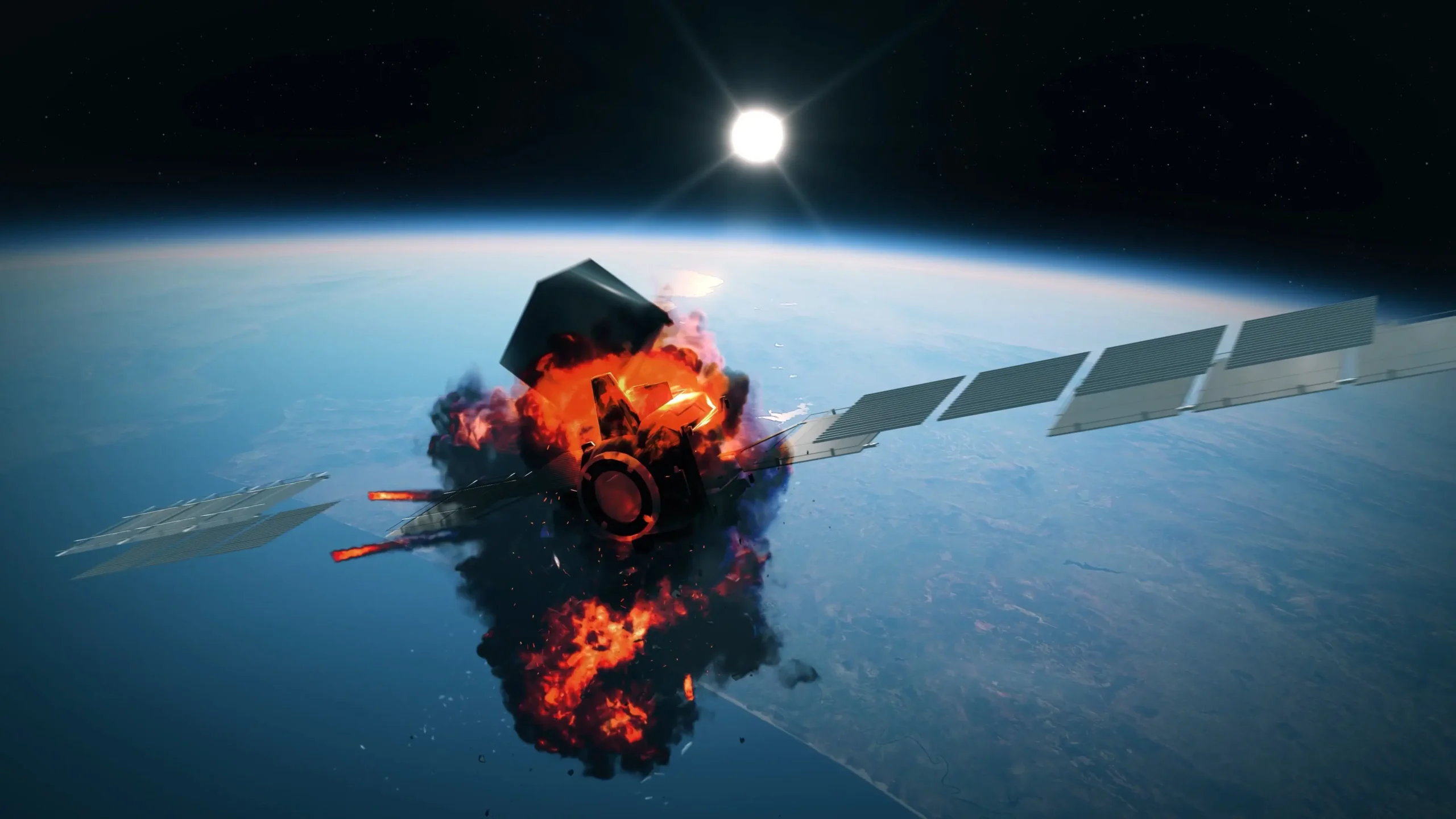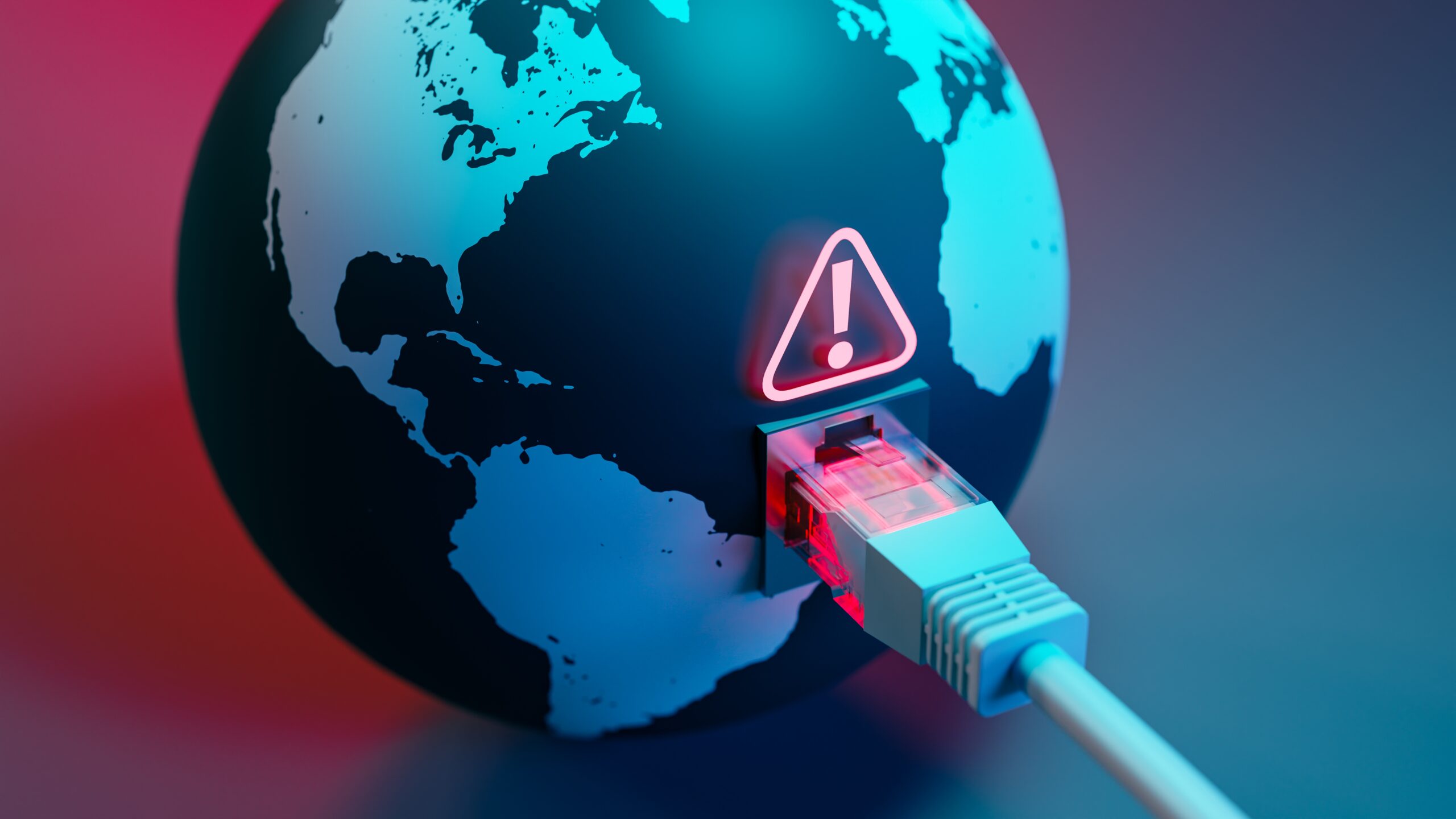China has been considered as the main threat to the current world order maintained by Western powers. It became clear when the U.S. for the first time identified Beijing as its “number one challenge” and NATO members included the same country in its “strategic concept”. China has long advertised for itself as a trading partner for many countries with no political interests. For years, world leaders have accepted this propaganda created by the Chinese and perceived the Asian giant as only an economic competitor. However, it seems that Beijing has decided to break up with its old strategy of “hiding our capabilities”, known as taoguang yanghui (韬光养晦).
Lately, China has been engaging in diplomatic initiatives such as the peace plan aimed at ending the war in Ukraine as well as brokering the process of normalizing relations between Iran and Saudi Arabia, leading to Western apprehension from rising Chinese diplomatic power as they understand that altruism has no space in politics. Analysts have been trying to identify the new role to be played by Beijing relying on the concepts coined by William T.R. Fox which concludes that China is not a superpower but it is only a regional power for not being able to deploy military forces overseas. Nevertheless, we argue, contesting prevalent IR theories, that in the new world order, economic might could be enough weapons to extract global political influence. In other words, the contemporary definition of a superpower is different from the one coined by Fox.
Economic-based Agenda
Following a Marshall-like plan, Beijing has been expanding its economic influence all over the world for years. Beyond its Asian backyard, China has expanded its economic interaction with the world over a decade leading to increasing its exports worldwide exponentially over the years, reflected in the following graph, which shows the increase of Chinese global exports over a decade.
China is considered a latecomer in the MENA region. It was not until 2021 that some of the region’s countries were included in the OBOR initiative which was launched at the beginning with an aim to connect China with Europe, both over land and overseas. In the same year, news was circulated about reaching a Comprehensive Strategic Partnership worth 400 billion dollars over 25 years with Iran. Although confidential, leaked information revealed that it included cooperation agreements on energy, economic, trade, infrastructure and military cooperation. Additionally, Gulf Cooperation Council (GCC) countries have since then been considered a focal point for China in the region given its needs to bolster its energy security. Beijing has been investing in Gulf countries through telecommunications development and infrastructure building which are both considered vital for its OBOR aims. Unlike other energy-hungry countries such as the U.S., China was able to benefit from its relations with GCC states given its non-interventionist policies. Indeed, the growing Chinese interest in the region was reflected by the Sino-Arab summit held in Riyadh in December 2022, which triggered debates in Western capitals. This further manifested in the establishment of the China-Arab States Cooperation Forum (CASCF) established in 2004 and the Shanghai Cooperation Forum (SCO), which includes some states from the region.
Diplomacy with No Teeth
Western capitals share a certain apprehension which implies that China is seeking economic interdependence with other nations which paves the way for those states’ economic dependency on China giving Beijing some political influence at some point. In this regard, China would be following the same steps taken by the U.S. with the Marshall Plan that followed the Second World War. However, an essential difference is that China is seeking interdependence for shared economic interests. In this regard, at least in the near future, Chinese moves could mean that Western prophecies concerning political hegemony, which comes after economic interdependence are true despite not being able to throw its military forces into any theatre of war. Recently, two political events provoked alleged claims of Chinese aims for the seat of a superpower.
The first one is the peace plan proposed by Beijing to end the war between Russia and Ukraine. It can be argued by many that by this plan, Beijing is trying to gain a point in its competition against the U.S. Chinese President Xi Jinping probably understands that the peace plan is not going to work and that the West will never accept the Chinese brokerage on the matter especially that the war in Ukraine is not a regional problem such as the rivalry between Iran and Saudi which the West allowed China to play a role in. The war in Ukraine is an international crisis and whoever solves its riddle will gain a very important global position, a fact already apprehended by the West who would never allow this chance for their Asian competitor.
However, one of the integral points which are already missed by many analysts is again the Chinese economic interests. Beijing would not afford any stance against any of the two rivals. Beijing and Moscow enjoy a strategic relationship with undisputed borders and complementary economies. Russian defeat in Ukraine which precipitates an installation of a pro-western government is considered a nightmare for China. On the other hand, relations with the West are important for economic prosperity and technological advancement. For this reason, Beijing decided to play the neutrality game. Accordingly, the peace plan was not necessarily a political tool for political aims. Instead, strategic and economic matters were put at the forefront while formulating such a proposal.
The Saudi-Iranian deal brokered by China represents the second event which was, in fact, a source of huge political debates about the “new world order”. Again, it can be argued that in this specific case, Beijing is playing the same neutrality game it has been employing with Russia and the West. The powerful Asian country found its national interest in any de-escalation between the Gulf rivals. China’s economic ties with Iran and Saudi Arabia are important for the three sides. When Xi Jinping visited Riyadh last December, officials in Tehran complained that Beijing was taking steps to tilt it toward Saudis. Although there was not much Tehran could do given its international isolation, Beijing acknowledged the fact that it was a good idea to accommodate both sides. In fact, it is a better idea to get them to sit together at the negotiations table and prove that China is standing in the middle, taking the side of no one.
Although China is not able till now to have the military might able to exert its influence all over the world, it seems that the Chinese are shifting their interests from pure economy to some politics and diplomacy. It seems that China is using its economic arm as a stepping stone towards moving away from the regional and global power status to the superpower status. The Chinese interference in the Middle East was an unprecedented event as the mediator role in the region has always been Washington’s reserved seat. Chinese extended influence, which starts with economic power, can be detected in the recent Saudi joining of the Shanghai Cooperation Organization (SCO) . Saudi Arabia is not the only state in the region to knock on the door of the SCO. Iran is becoming an official member in April 2023, and Egypt and Qatar already joined as dialogue members.
It is then obvious that Beijing is making use of its economic influence to gain some power in the political scene. However, one of the main questions remains unanswered; whether China is ready for any military interference that might be required at any time in a region which has always been marked with instability. For instance, Beijing understands that the normalization between Iran and Saudi can be argued not to be based on solid grounds. The two regimes are still intact, and the Mullah regime in Iran still acts with the sectarian conservative mindset it has always acted with which means that sooner or later things are going to get complicated once again between the two newly befriended nations. The problem lies in thar fact the situation may escalate once again at any time while China is not ready to give any military assistance leaving it a diplomatic power with no teeth. The U.S. remains the only preponderant military power that is able to fill in this role.
Accordingly, it can be argued that in the meantime, Beijing is not a superpower yet, at least according to the traditional definition of theories of International Relations. Some of the main potentials required to be a global hegemon are not fulfilled yet by the Asian country. Nevertheless, two things are needed to be borne in mind; first, if the current statuesque persists, China is going to be a world hegemon in the near future given its political influence which is starting to stem from its economic might. China’s approach seems to be holding the slogan of “development comes first” before, and not instead of, politics and security. The other thing which needs to be addressed is the fact that the “superpower” definition may change. China may not need a military base in every region to be a hegemon; economic power may be enough in the newly shaped world order.
References
Economist, The. “The Chinese-African Relationship Is Important to Both Sides, but Also Unbalanced.” The Economist. The Economist Newspaper, 2022. https://www.economist.com/special-report/2022/05/20/the-chinese-african-relationship-is-important-to-both-sides-but-also-unbalanced?gclid=CjwKCAjw_YShBhAiEiwAMomsEGhWjqmxwq7gANggps7LEfSonvLElhxlKvgrslxosyuNClnqpbVJQRoChCcQAvD_BwE&gclsrc=aw.ds.
Nantulya, Paul. “Chinese Hard Power Supports Its Growing Strategic Interests in Africa.” Africa Center for Strategic Studies, November 9, 2021. https://africacenter.org/spotlight/chinese-hard-power-supports-its-growing-strategic-interests-in-africa/.
Zeneli, Valbona, and Fatjona Mejdini. “China in the Balkans.” per Concordiam, November 17, 2022. https://perconcordiam.com/china-in-the-balkans/.
Akcay, Nurettin. “Beyond Oil: A New Phase in China-Middle East Engagement.” – The Diplomat. for The Diplomat, January 25, 2023. https://thediplomat.com/2023/01/beyond-oil-a-new-phase-in-china-middle-east-engagement/.
Rozsa, Erzsébet N. “China’s Interests in the Middle East and North Africa.” IEMed, 2021. https://www.iemed.org/publication/chinas-interests-in-the-middle-east-and-north-africa/.
China, Ministry of Foreign Affairs. “China’s Position on the Political Settlement of the Ukraine Crisis.” China’s position on the political settlement of the Ukraine Crisis, 2023. https://www.fmprc.gov.cn/mfa_eng/zxxx_662805/202302/t20230224_11030713.html.
International Political Studies, Italian Institute For. “Saudi Arabia Joins the SCO: It Is Not a Game-Changer for Saudi-US Relations.” ISPI, March 31, 2023. https://www.ispionline.it/en/publication/saudi-arabia-joins-the-sco-it-is-not-a-game-changer-for-saudi-us-relations-123365.












Comments